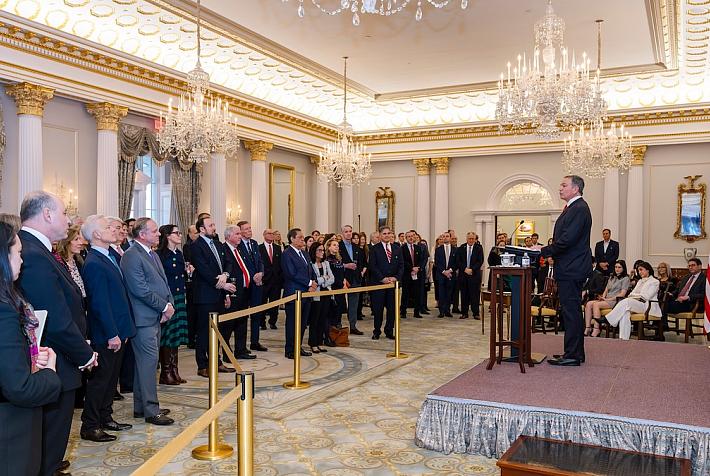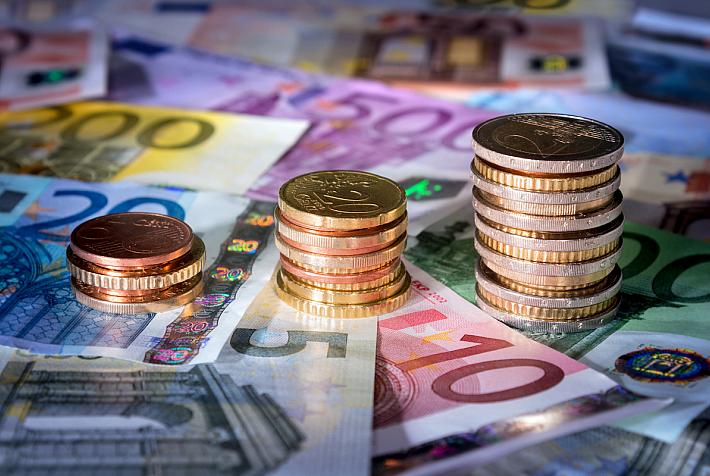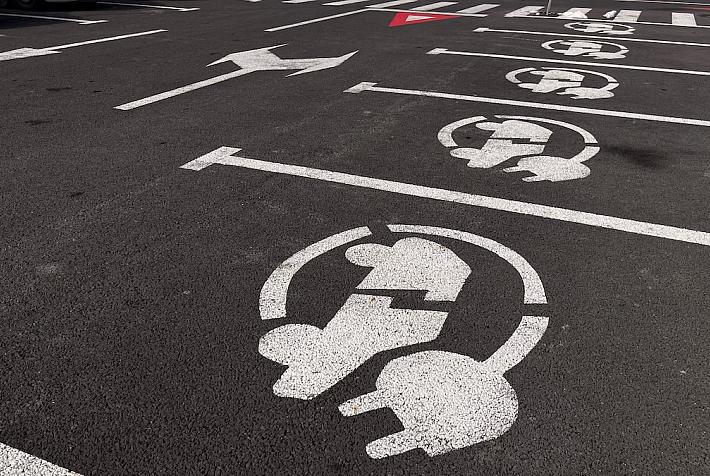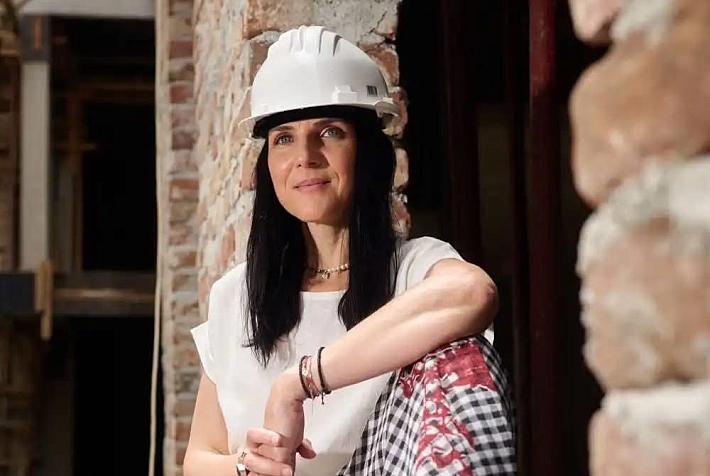Romanian company that sold diluted disinfectants to hospitals shuts down

Romanian company Hexi Pharma, which has been selling diluted disinfectants to local hospitals for years, filed for insolvency and will shut down, the company announced on Wednesday, May 11, in a press release.
On the same day, the Government announced that all the disinfectants Hexi Pharma has sold to local hospitals were found to be highly diluted, according to the first official tests carried out by a local institute. The Health Ministry announced that all Hexi Pharma products will be withdrawn from hospitals and fined the company RON 40,000 (EUR 8,900).
Moreover, the Government may start a civil lawsuit against Hexi Pharma, spokesman Dan Suciu said on Wednesday. The General Prosecutor’s office has already started an investigation “in rem” (of the facts) and questioned Hexi Pharma owner Dan Condrea on Tuesday, May 10. They haven’t prosecuted anyone yet.
The diluted disinfectant scandal started at end-April, after a journalistic investigation revealed that hundreds of public hospitals in Romania have been buying diluted disinfectants from Hexi Pharma for many years. Moreover, the journalists found that authorities had never tested the quality of the disinfectants used in public hospitals and that the only lab that was authorized to carry such tests was also controlled by Hexi Pharma’s owner.
The team of journalists from local sports newspaper Gazeta Sporturilor coordinated by Catalin Tolontan have stumbled upon this huge public healthcare safety issue as they were investigating the connection between the Colectiv club victims’ deaths and hospital infections. The same journalists wrote last year that many of the victims who survived the deadly fire in Colectiv club died in local and foreign hospitals due to hospital infections.
The journalists were tipped that local hospitals have been using nonconforming disinfectants. They tested two Hexi Pharma products themselves and found they were highly diluted. When they first wrote about this, Hexi Pharma threatened to sue them for defamation, denying the published information.
However, as more journalists joined the investigation, more details about Hexi Pharma’s illegal operations started to come out. The journalists found, among other things, that Dan Condrea was not only selling diluted disinfectants through Hexi Pharma, but he was also buying overpriced substances from offshore firms he owned, so that the profits would remain in Cyprus. Some of the illegal profits have been used to bribe hospital managers to buy Hexi Pharma products, the journalists also found.
The Health Ministry’s first reaction was to play down the scandal. Health minister Patriciu-Achimas Cadariu ordered that samples be taken from local public hospitals to check if they were properly disinfected. Then, he announced the results of the tests saying that less than 5% of the samples (150 out of about 3,000) were found nonconforming.
However, when the journalists and public insisted to know the list of hospitals where the tests came out nonconforming, the minister said he couldn’t make it public because it was part of a prosecutors’ investigation. The next day, the Health Ministry published the list, which included 50 hospitals out of a total 290 public medical units that had been checked.
On Monday, May 9, health minister Patriciu-Achimas Cadariu resigned and Prime Minister Dacian Ciolos took charge. He ordered tests to check for the conformity of the disinfectants produced by Hexi Pharma, which the Health Ministry hadn’t done before.
The Health Ministry announced the first results on Wednesday: “There are concentration differences between the declared values and those estimated through tests made at Icechim. We are talking about substance concentration percentages on different products. For example, the declared Iodine percentage on the label is 10% and the real percentage is 7.41%. For Glutaraldehyde the label says 12% and the measurement shows 1.23%,” said state secretary Victor Strambu.
Hexi Pharma issued a press release immediately after the Health Ministry announced the results: “Following the results released today, Hexi Pharma publicly apologizes to doctors and healthcare the personnel as well as to all the people that have been or may have been affected by these nonconformities. In the name of all Hexi Pharma employees, we wish that the people responsible for this situation will be found as soon as possible.”
The factory and the company have closed their activity. Hexi Pharma filed for insolvency.
Hexi Pharma was supplying disinfectants to 350 hospitals and their products were used for disinfecting 2,000 operating rooms, 140,000 hands and 200,000 instruments each year, according to the company's own presentation.
The company had a turnover of EUR 4.2 million, in 2014, and an official net profit margin of almost 10%.
editor@romania-insider.com
(Photo source: Hexi Pharma Co. on Facebook)












